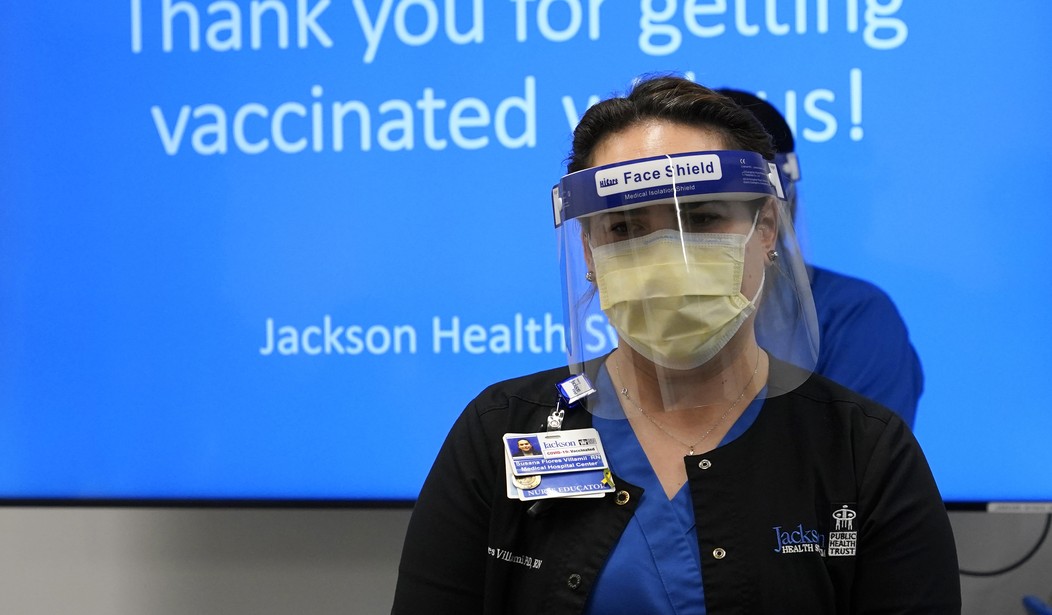One of the big unanswered questions about the coronavirus is whether or not those who have received a full dose of the COVID vaccine will need a “booster shot” or not.
It’s a critical question because most of the world has yet to be vaccinated and a supply crunch may be on the way. If we all need a booster shot after about a year, that will only add to our supply woes.
The only way to know if we’ll need the booster is through the passage of time. No one knows how long the antibodies generated in the body by the COVID vaccine will be effective. Researchers are carefully following individuals who took part in the Stage 3 studies of vaccine efficacy to determine their further immunity.
There is also the question of the effectiveness of current vaccines against the numerous variants that are popping up all over the world. While there’s no doubt that the vaccines offer some protection against all the variants, a booster shot may prove to be necessary to strengthen the body’s immune response to being exposed.
Some public-health experts say talk of booster programs is premature, given the gaps in our knowledge about the virus and the vaccines that combat it, as well as the urgent need for shots in countries such as India where the virus is spreading rapidly. “We need to have data’’ to determine if and when third doses are needed, the European Medicines Agency’s head of biological health threats and vaccines strategy, Marco Cavaleri, said this month.
But others say governments are right to move fast rather than wait for these questions to be settled.
“There is no point planning it if you have already got a resurgence,” said David Salisbury, a former director of immunization programs in the U.K. who is now an associate fellow in global health at the international affairs think tank Chatham House.
The EU just ordered another 1.8 billion doses of the Pfizer vaccine while Great Britain is beginning a clinical trial to see the effect a third shot would have on the immune system. The Europeans are preparing for a booster shot program for next winter out of an abundance of caution at this point.
The U.S. is in pretty good shape with a 300-million-dose surplus by the end of 2021, even assuming every adult and child in the United States will have been vaccinated.
Some vaccines, such as for measles, mumps, and rubella, are given in childhood and last a lifetime. Others, like the vaccine for tetanus, require periodic booster shots.
Influenza, by contrast, mutates quickly and shots are tailor-made each year to protect people against circulating strains.
Exactly where the vaccines developed against Covid-19 fit on this spectrum isn’t yet clear. Some scientists are optimistic the vaccines will confer long-lasting immunity, while others aren’t so sure. Another issue is whether existing vaccines provide sufficient protection against variants of concern, such as those first identified in South Africa and India, and if they will stand up to any new variants that may yet emerge.
“We don’t have a full picture of what the pathway is to protection,” said Gigi Gronvall, an immunologist and associate professor at the Johns Hopkins Bloomberg School of Public Health.
The U.S. government is spending billions of dollars in advertising trying to get the holdouts vaccinated. Imagine trying to convince 300 million people they need another jab? How much do you suppose that would cost?










Join the conversation as a VIP Member